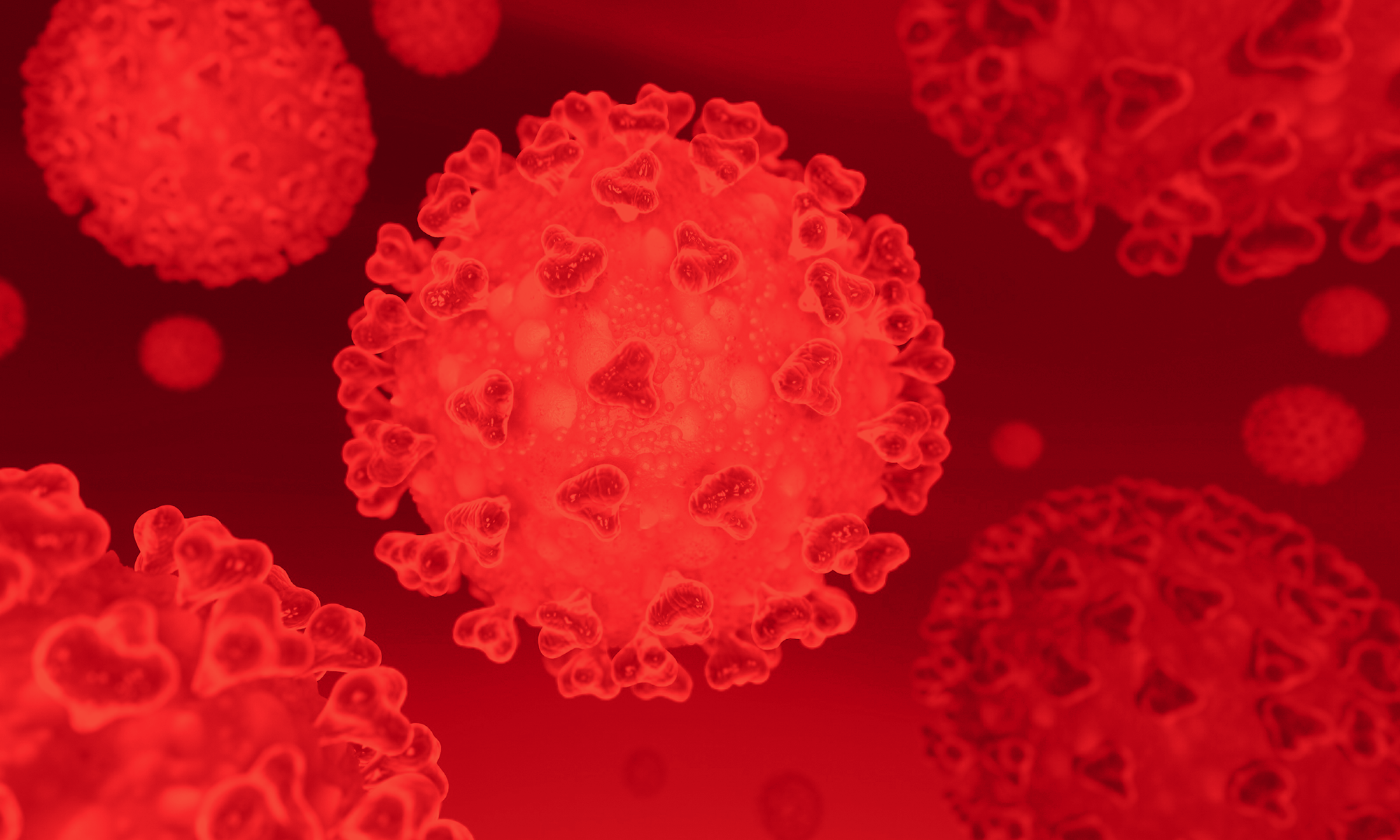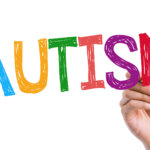Cognitive disorders may be associated with a more severe risk of COVID-19, a study by the University of Georgia suggests.
The findings, released in Brain, Behavior, and Immunity, involved the use of data from the UK Biobank, comprised of over 500,000 participants. The data of the participants with COVID-19 had begun being reported in March of 2020.
In the new study, researchers also delved into data from close to 1,000 diseases and two particular genes to initiate comparisons to health profiles of patients not infected with the coronavirus strain.
“Our understanding of risk factors for COVID‑19, including pre-existing medical conditions and genetic variations, is limited,” the University of Georgia research team explained in their findings. “To what extent the pre-existing clinical condition and genetic background have implications for COVID-19 still need to be explored.”
“We examined the association of COVID-19 with an extensive list of 974 medical conditions and 30 blood biomarkers. Additionally, we also tested the association of genetic variants in two key genes related to severe acute respiratory syndrome coronavirus 2 infection, angiotensin-converting enzyme 2 and transmembrane protease serine 2, with COVID-19 or any other phenotypes,” the research team also stated.
Their results indicate that the most drastic risk factors for the novel coronavirus include cognitive disorders, like Alzheimer’s disease, dementia, along with other cognitive conditions.
The study also uncovered evidence indicating an association of genetic variants in SARS-CoV-2 infection-related genes with the recent coronavirus strain, in addition to other phenotypes.
“Our unbiased and extensive search identified pre-existing Alzheimer’s disease and dementia as top risk factors for hospital admission due to COVID-19, highlighting the importance of providing special protective care for patients with cognitive disorders during this pandemic,” the research team determined.
“We also obtained evidence suggesting a direct association of genetic variants with COVID-19.”


